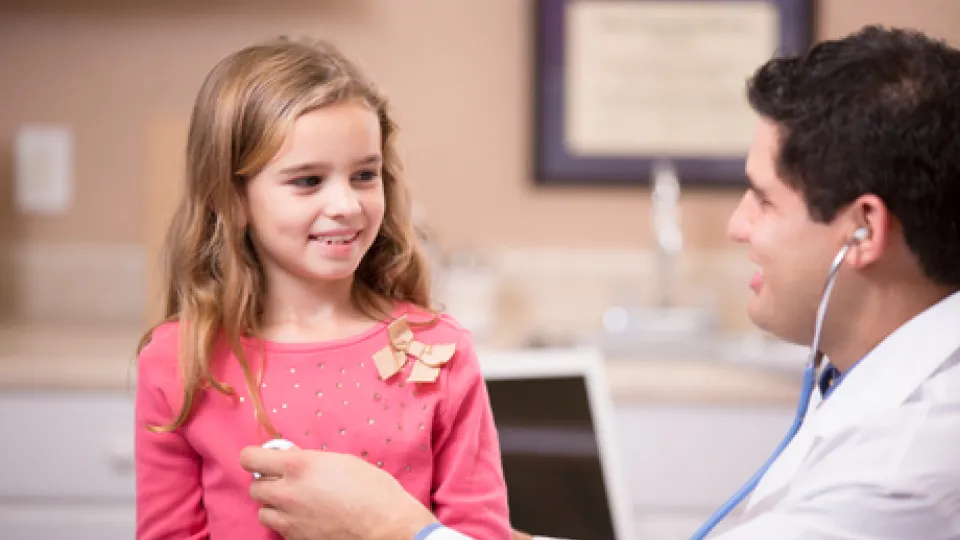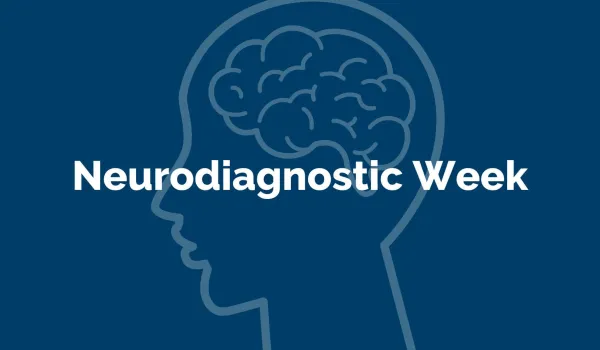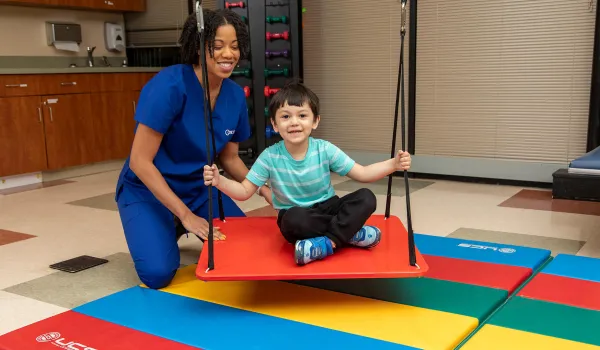Concorde Staff

As a nurse, your communication skills will be one of your most valuable assets. You'll be expected to interact with people of all ages and backgrounds, cultures and ethnicities, friendly and not so friendly. It could be credibly argued that the field of nursing is one half technical knowledge and the other half interpersonal communications skills and psychology.
This is especially true when working with children, one of the most challenging and rewarding, endeavors of your career. Learning to connect with the children you treat to alleviate their fears and help them gain a better understanding of what's happening to them is a vitally important part of patient care.
HOW TO CONNECT WITH KIDS
Working with pediatric patients is both a learned skill and a gift. Some people just naturally relate to kids. Think of Robin Williams in the movie Patch Adams. For others, it's more difficult, especially if they've not been around children much. But there are a few basic things that everyone can practice to make working with children easier.
- Different ages, different needs. Obviously, communicating with older teens is different than working with toddlers. The key is to keep that difference in mind and to consider what each age group needs. Younger children are going to be confused about what's happening to them, and are going to be afraid and anxious. Older kids will tend to be more self-conscious and possibly angry or hostile about their situation.
- Explain what's happening. For all ages, explaining procedures beforehand will help to open lines of communication and help to alleviate anxiety. Fear of the unknown drives anxiety in children and adults alike. Younger children respond better to visual examples, acting out on yourself for example. Teens want to be treated like adults, so be straight with them. And don't tell them it won't hurt if you know there will be some discomfort from a procedure. Dishonesty is the quickest way to ruin a relationship.
- Be positive. Children, even older teens, still look to an authority figure as a cue to their own behavior. Maintaining a positive attitude is contagious, as long as you don't overdo it and make it obvious that's what you're doing. Young people are incredibly perceptive, and you'll lose trust if they think you're putting on an act for their benefit.
- Parent control. Parents have a direct influence on the attitudes of their children, especially in a health care situation. If the parents are anxious, they'll communicate that anxiety to their kids. Conversely, if they're calm and confident, children will pick up on that too. Sometimes parents can be an ally; other times, it might be a good idea to act as an insulating barrier between child and parent.
MOLDING FUTURE ATTITUDES
Keep in mind that whenever you're interacting with a child, you're having an influence on their attitudes and feelings about the situation that could well last a lifetime. Learning to connect with children in a positive, healthy way is an important part of your job as a nurse.
Learn how you can impact the lives of the children around you. Enroll in one of Concorde's nursing or other health care programs today.

Next Steps?
We have a Concorde representative ready to talk about what matters most to you. Get answers about start dates, curriculum, financial aid, scholarships and more!



